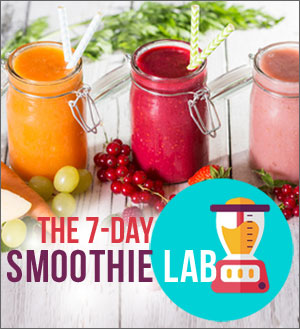 Did you know that the federal Food and Drug Administration doesn’t analyze the content of dietary supplements, which do not even need proof of safety or effectiveness before they go on sale? To give consumers much needed guidance, the government recently provided an overview of what to know before buying supplements.
Did you know that the federal Food and Drug Administration doesn’t analyze the content of dietary supplements, which do not even need proof of safety or effectiveness before they go on sale? To give consumers much needed guidance, the government recently provided an overview of what to know before buying supplements.
When I first posted this news item, one of my readers, Helena, asked about resveratrol supplements and what to look out for when considering different brands.
It’s an important topic, and I want to share my views more broadly. Let me first give some background, so that my answer makes more sense.
What are Dietary Supplements?
In the United States, dietary supplements are substances you eat or drink. They can be vitamins, minerals, herbs or other plants, amino acids (the individual building blocks of protein), or parts of these substances. They can be in pill, capsule, tablet, or liquid form. They supplement (add to) the diet and should not be considered a substitute for food.
Dietary supplements are widely available in the United States in health food stores, grocery stores, pharmacies, on the Internet, and by mail. People commonly take them for health-related reasons. Common dietary supplements include vitamins and minerals (such as vitamin C or a multivitamin), botanicals (herbs and plant products, such as St. John’s wort), and substances that come from a natural source (such as glucosamine).
Makers of dietary supplements cannot legally say that dietary supplements can diagnose, cure, treat, or prevent disease. But they can say that they contribute to health maintenance and well-being.
What Are the Key Concerns?
From my perspective, there is probably little harm taking vitamins and minerals – but when it comes to botanical supplements, and I include resveratrol supplements in this category, it’s often difficult to know
- the source of the material
- whether each batch is exactly the same
- if batches contain too little or too much of the active ingredient
- if batches contain other, undesired contaminants
The only way to know for sure is taking regulated drugs manufactured by FDA-monitored facilities.
In the absence of that, I always say that the information on this site is intended to educate, and can not replace the advice of a trained health professional. For medical advice and treatment – as is the case with resveratrol supplements – you should consult your physician, nutritionist or health care professional before changing your diet, medication or exercise regimen.
Read more on dietary supplements at WebMD, as well as a new overview by Michele Thompson at SheKnows.com.


 Are you ready to look better, feel more energized, and get back that youthful feeling you remember having as a kid? I can help you on a journey that will change the way you eat — for good. My
Are you ready to look better, feel more energized, and get back that youthful feeling you remember having as a kid? I can help you on a journey that will change the way you eat — for good. My 














 As a healthy cooking expert, health coach and TV host,
As a healthy cooking expert, health coach and TV host, 



Speak Your Mind